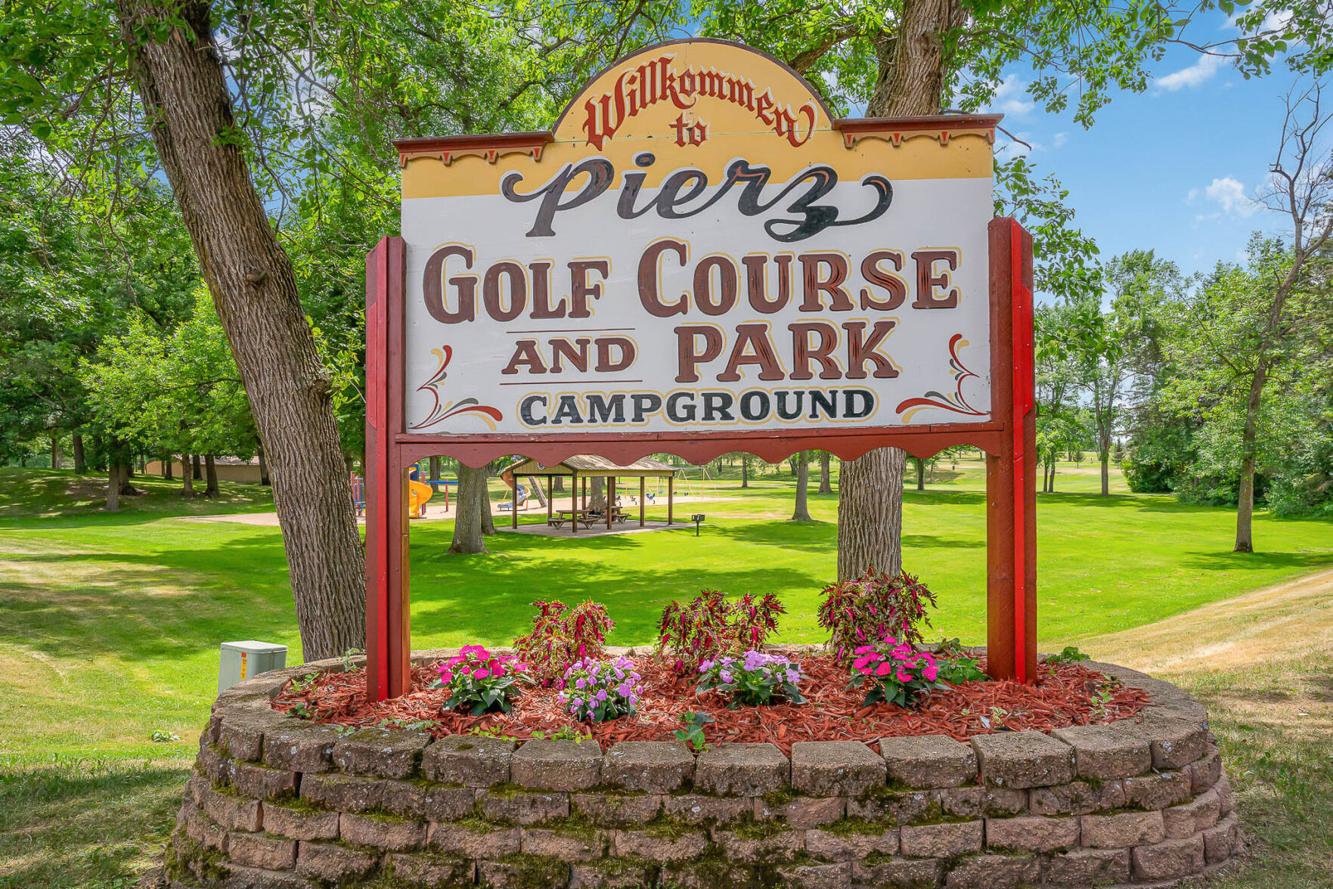Little Falls to explore maintenance agreement for snow removal on Camp Ripley Veterans State Trail
24 Mar 2023
Community, News, Economic Development, Infrastructure
The city of Little Falls plans to work on a maintenance agreement for a portion of the Camp Ripley Veterans State Trail (CRVST) that runs through the west side of town.
Monday, City Administrator Jon Radermacher and Engineer Greg Kimman told the City Council that they recently met with representatives from the Minnesota Department of Natural Resources (DNR), along with Morrison County Engineer Tony Hennen, to broach the topic of a maintenance agreement. The existing portion of the trail, which runs from Charles A Lindbergh State Park to Mill Island Park, is not maintained during the winter.
Since the trail opened in 2019, residents in the area have voiced various concerns about the lack of care to the non-motorized portion of trail during the winter. While some have stated that it is not usable for walkers because of the snow pack, others have said snowmobilers use the trail and create a hazard for those on foot.
As a state trail, the CRVST is under the jurisdiction of the DNR. However, as that portion goes through the city and is in the county right of way, both of those entities also have responsibility in that area.
“They are receptive to having a maintenance agreement for that stretch,” Kimman said. “The county, as well as the DNR, don’t have any funds to put toward it, but we would be able to do a maintenance agreement on that.”
He said a maintenance agreement would outline responsibilities for winter upkeep on the trail, namely snow removal. Right now, it would likely be a one-year agreement for the winter of 2023 - 2024 as a “trial period.” The matter would be revisited going forward based on how everything went during that first winter.
Radermacher said the DNR reiterated to he and Kimman that it does not do snow removal on any state trails, anywhere in the state. However, there are areas in which local jurisdictions have maintenance agreements under which they provide those services for their residents.
Another issue he said was brought to their attention was that, across the state, it is “widely known” that state trails can be used by snowmobilers if they are not cleaned off. That includes non-motorized trails, unless that stipulation is enforced by the local jurisdiction during the winter.
“Even within city limits?” asked Council Member Raquel Lundberg.
“There’s actually a state law that indicates that snowmobiles are allowed in the right of way of county roads and such, same with ATVs,” Kimman said. “Unless there’s a trail specifically for them in that right of way, then they are allowed in that.”
Later, Radermacher clarified that, since the CRVST is posted as “non-motorized,” it can be enforced as such. His point in bringing up the fact snowmobiles often use state trails elsewhere is that it is known among riders that, when that rule isn’t enforced in the winter, they can use the trail.
“I’m not encouraging that nor suggesting that we should allow it,” he said. “I don’t believe that is probably the best use of that area. The question was, where are they even going? They can’t go through the park at all.”
He emphasized, however, that it would be up to the city to provide that enforcement.
“I think once you clean it off and you keep it clean, they can’t use the trail because then they’re destroying it,” said Council Member Frank Gosiak, who is also president of the CRVST Committee. “According to the DNR, it’s non-usable then.”
Radermacher said it was evident in their meeting that the DNR did not want the city to clean snow off of the trail until a maintenance agreement is in place. That agreement would also have to go through the county, as the trail is within its right of way.
He said the county expressed that it was supportive of the city cleaning the trail, but it did not want to have anything to do with maintenance or helping to fund the upkeep.
Despite this current winter dragging on, Radermacher said any plan would not go into effect until the 2023 and 2024 season.
“If it’s really well received in terms of us cleaning it, using it, then we can look to continuing that on,” he said. “The state has a few agreements that are one year or three years and some of them are in perpetuity until they don’t want to do it anymore.”
Gosiak mentioned that some people who live along that stretch have expressed interest in doing some of the maintenance themselves. Kimman said that would be a possibility, but the agreement would still have to be between the city, county and DNR.
More Topics





